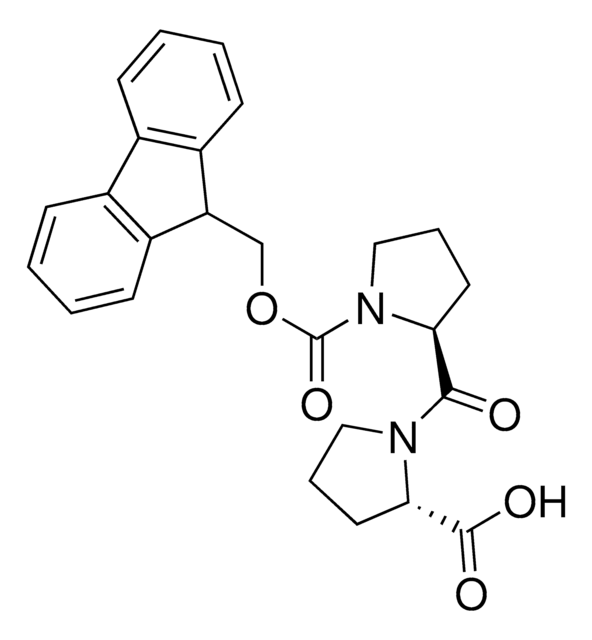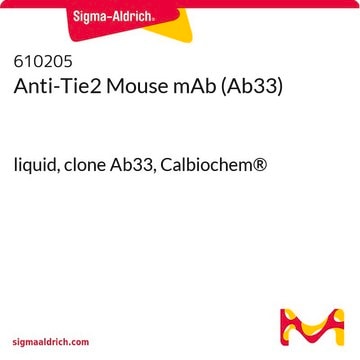MAB353A4
Anti-Nestin Antibody, clone rat-401, Alexa Fluor™ 488 conjugate
clone rat-401, from mouse, ALEXA FLUOR™ 488
Synonym(s):
rat401, NES, Nbla00170, FLJ21841
About This Item
Recommended Products
biological source
mouse
Quality Level
conjugate
ALEXA FLUOR™ 488
antibody form
purified immunoglobulin
antibody product type
primary antibodies
clone
rat-401, monoclonal
species reactivity
rat, mouse
should not react with
human
technique(s)
immunocytochemistry: suitable
isotype
IgG1
NCBI accession no.
UniProt accession no.
shipped in
wet ice
target post-translational modification
unmodified
Gene Information
human ... NES(10763)
mouse ... Nes(18008)
rat ... Nes(25491)
General description
Specificity
This antibody recognizes both rat and mouse Nestin. Antibody is not reactive with human Nestin protein.
Immunogen
Application
Stem Cell Research
Neuroscience
Neurofilament & Neuron Metabolism
Neuronal & Glial Markers
Quality
Target description
Physical form
Storage and Stability
Analysis Note
Mouse cortical neural stem cells (SCR029)
Other Notes
Legal Information
Disclaimer
Not finding the right product?
Try our Product Selector Tool.
Storage Class Code
12 - Non Combustible Liquids
WGK
WGK 2
Flash Point(F)
Not applicable
Flash Point(C)
Not applicable
Certificates of Analysis (COA)
Search for Certificates of Analysis (COA) by entering the products Lot/Batch Number. Lot and Batch Numbers can be found on a product’s label following the words ‘Lot’ or ‘Batch’.
Already Own This Product?
Find documentation for the products that you have recently purchased in the Document Library.
Our team of scientists has experience in all areas of research including Life Science, Material Science, Chemical Synthesis, Chromatography, Analytical and many others.
Contact Technical Service








